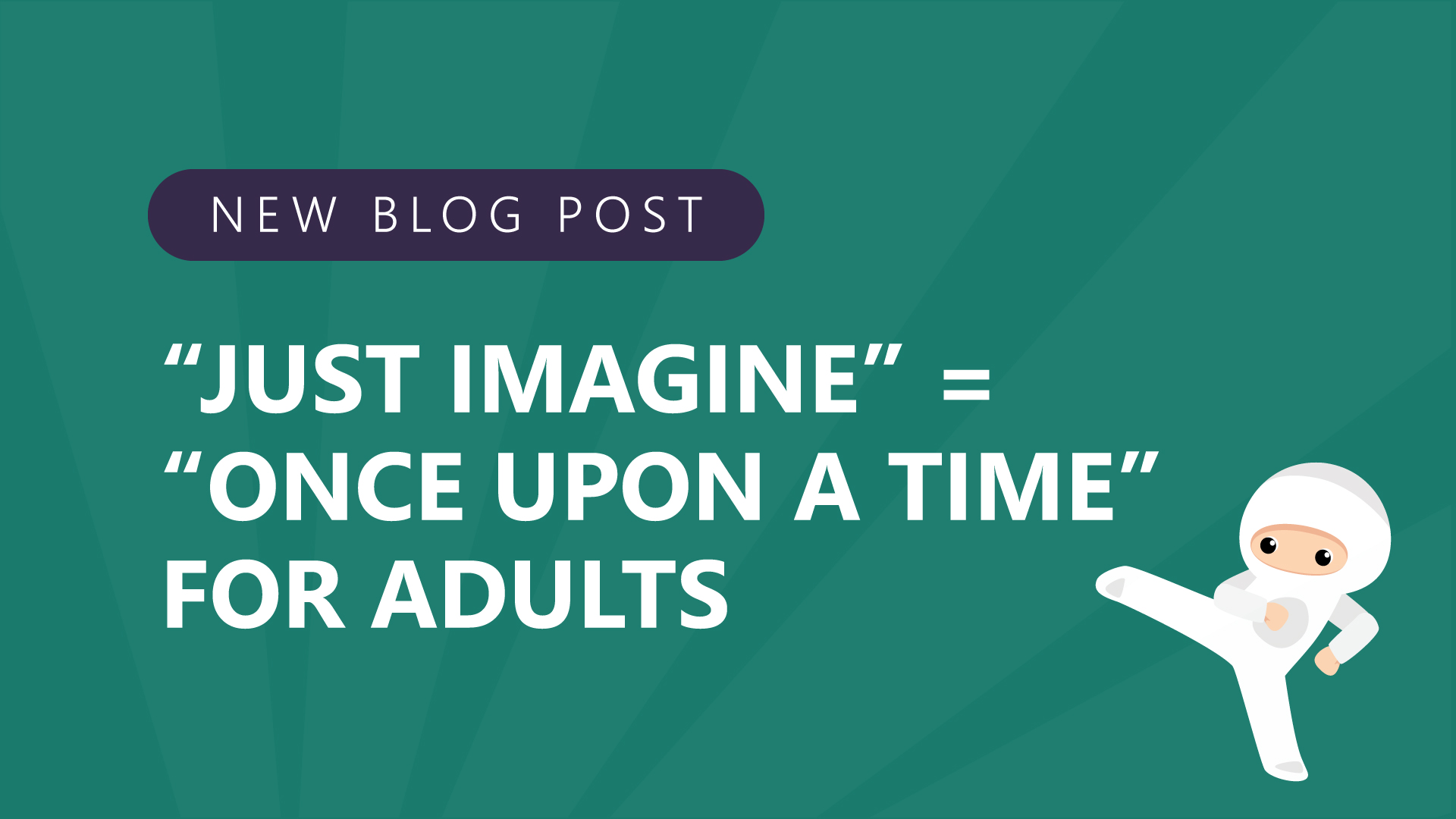Phil Jones has been an entrepreneur since childhood. By the age of 15, he was earning more money than his teachers. He side-stepped going to university and had a successful corporate career in sales leadership. He started a small sales training business that has since grown so that he mostly speaks around the world for a living.
He’s spoken in 59 different countries on five different continents, helped over 800 different industries, written seven best-selling books, and he’s trained over 2 million people. He feels that it all boils down to the fact that he knows how to acquire customers, get customers to come back, and can find ways to help them spend more money.
Phil’s book, Exactly What To Say, gives us a script of exactly what to say. It’s a quick practical read that you can carry around with you, like a field manual. It’s something you can reference over and over again. One of the phrases he dissects in his book is “just imagine.” Why is it so powerful?
The meaning of motivation
Phil points out that to increase your influence, you must gain a deeper understanding of the word “motivation.” It’s often overused in the world of negotiation.
The word simply means finding a reason to move. If you can find someone’s reason to move, it’s fair to say you can get just about anybody to do anything—provided the motivating reason is big enough. There are three different forms of motivation:
- What you want to run toward
- What you want to run away from
- The things that make your heart sing
These can give you levers to use in language. How does the decision-making process truly work? Phil points out that every decision you make is actually made twice. You make a decision in your minds-eye, hypothetically. If you can’t see yourself doing something, the likelihood of you doing it is slim to none. But if you can get someone to see themselves doing it before you invite them to take an action, they may more likely choose to do the thing.
“Just imagine” helps adults visualize their future
The thing that people use to make decisions are the images that appear in their heads: memories. How do those memories get there? They’re experiences you’ve lived or experiences shared with you. Shared experiences are usually shared in the form of a story. The images create reference points in your memories that act as anchor points for the decisions that you make every single day.
A child knows a story is coming if an adult says “once upon a time.” When an adult delivers those words, the child accepts that they can let go of inhibition and open up their memory banks. You can’t use “once upon a time” with an adult—but you can use “just imagine.” You can then paint pictures in the minds of other people. What things do they want to run toward? Things they might want to run away from? What things make their heart sing?
How are you framing your product or service?
It’s crafting that scenario in their own mind that creates the visualization to take a certain action. Being able to get the counterparty to a point where you can take them through that story is powerful. That’s where salespeople fall flat. They don’t have good stories to pull from. They don’t have the case studies or emotional intelligence to understand the benefit of working with them.
You have to learn how to frame your product or service in a way that helps them visualize their future. Phil shares that you can say, “Just imagine the impact that this will have on the efficiency of ABC department knowing that you’re saving 17 hours a week. Just imagine what you might be able to do with the additional time this new software platform created for you and how you can apply that in your organization to achieve your long-term goals.”
Paint the picture so that people can see why it’s worth it to them to turn the first page. Early change is full of friction, diversity, and hard work. People need to see the long-term benefits—or the consequences of not making a decision. It’s a dance. You can lead the dance, but you must take the other person with you. They have to enjoy the dance and feel like they’re being romanced.
What other words or phrases does Phil use to shift a negotiation? How can you use them to change your conversations for the better? Phil covers much more in episode #201 of the Negotiations Ninja podcast. Take this knowledge one step further. Don’t miss it!
Looking for more help? Text me at 587-315-5948 for negotiation advice.

